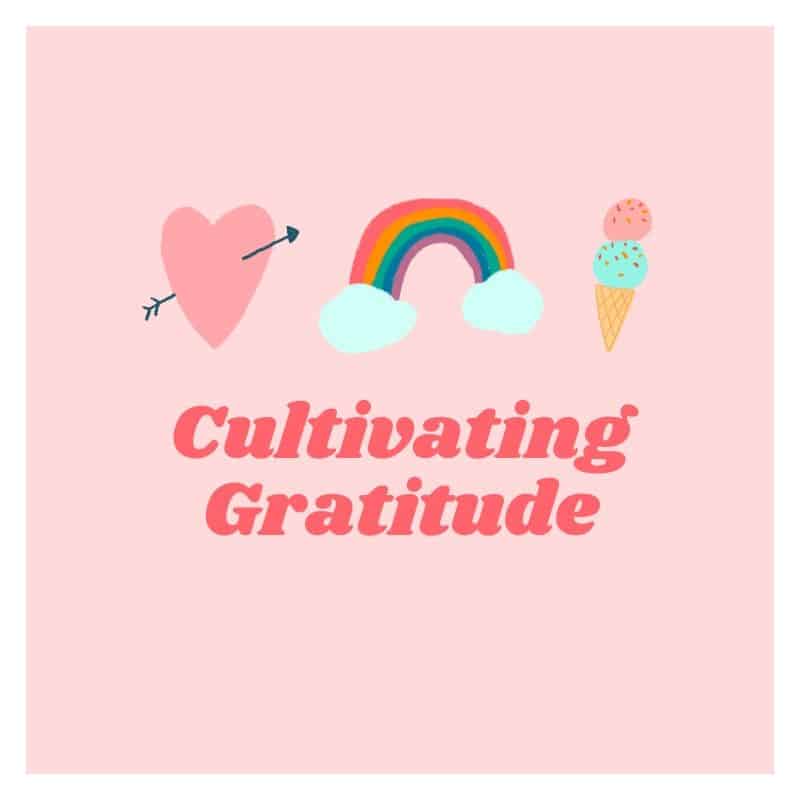Many of us make multiple surface level apologies everyday, often without even noticing. We say sorry for being late, for talking too much, for needing a moment of someone’s time, for asking a question.
While there is significant value in an intentional apology when we have wronged someone, these passing apologies often come from our own feelings of discomfort.
We may feel guilt or shame for something we did (such as missing an appointment or being late), or feel uncomfortable having needs. This guilt and shame, even if mildly experienced, can easily lead our self-talk to a negative place.
What would happen if we began replacing our everyday apologies with gratitude?
Instead of I’m sorry for taking so long, say thank you for being patient. Instead of I’m sorry for asking so many questions, say thank you for helping me understand. I’m sorry for being late turns into thank you for waiting for me.
When we turn casual sorry’s into thank you’s, we change our focus. Focusing on gratitude can have significantly positive impact in various areas our lives.
Overall, studies show that people who practice gratitude are happier and more satisfied in life. They tend to be less materialistic, less likely to suffer from burnout, experience less depression and have increased resiliency (Allen, 2018). While the benefits for ourselves are significant, our gratitude practice has benefits beyond our own lives.
Cultivating gratitude allows us to strengthen connection in our relationships, and gives us a chance to actively call out the good in how people are showing up in our lives.
So the next time you feel yourself about to give an everyday, passing apology, try transforming it into gratitude as a step toward a happier, healthier life.
Courtney Hintermeyer

